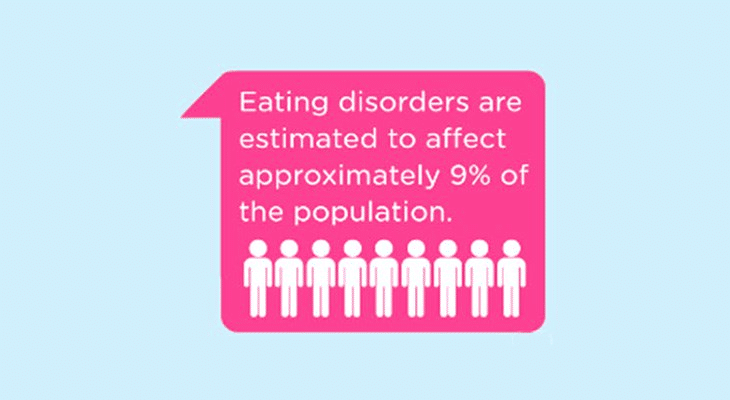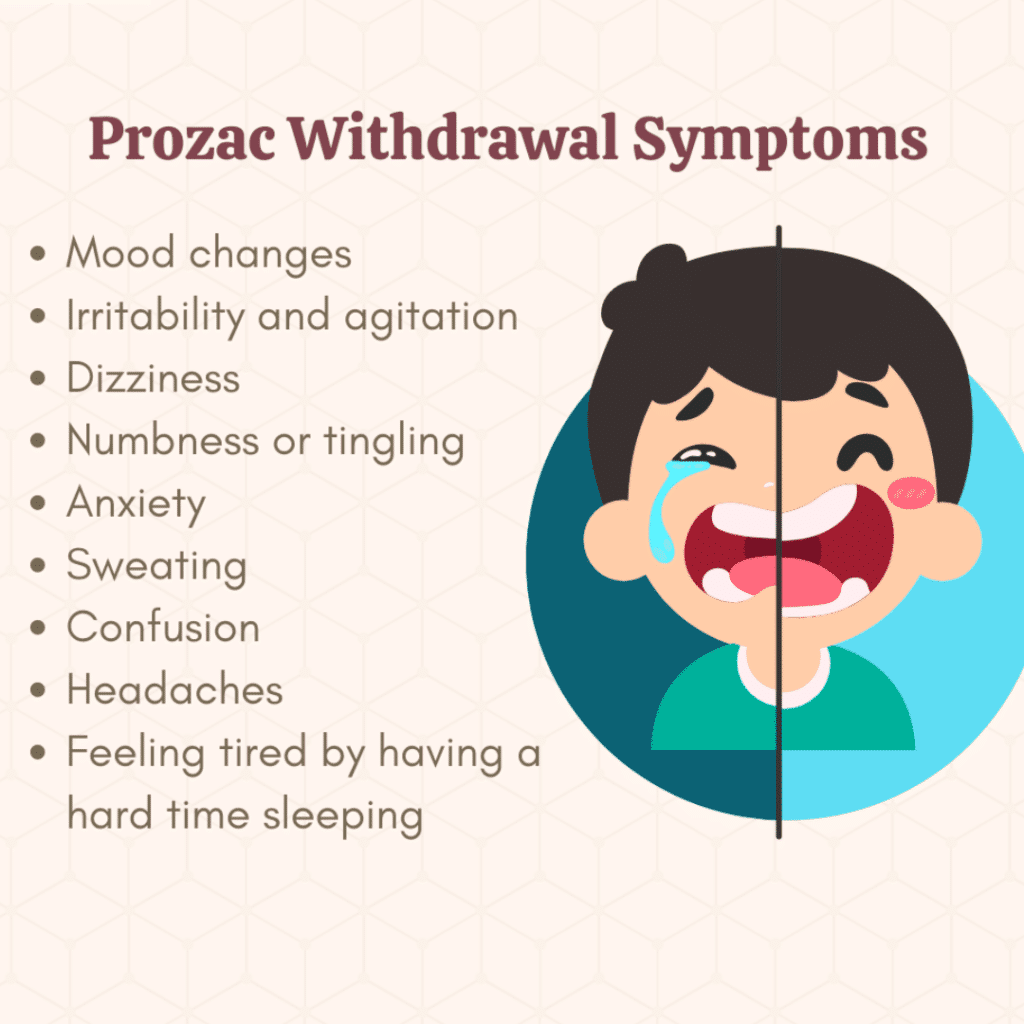Prozac for eating disorders is a commonly prescribed medicine by doctors worldwide. It’s an antidepressant that is prescribed to treat the symptoms of eating disorders like bulimia nervosa. It works best when it is used in combination with other medications and therapies.
There are many causes of eating disorders, like stress, emotional health, bullying, trauma, poor mental health, etc. More often than not, these disorders wreak havoc on the personal and professional life of people. About 9% of Americans suffer from an eating disorder in their lifetime. This is an alarming number as these disorders can seriously hamper the economic growth of a country.
Support Your Teen’s Mental Well-Being!

What are eating disorders?
Eating disorders are a type of behavioral disorders and can be identified by erratic eating habits. Individuals who suffer from eating disorders tend to experience disturbing thoughts and emotions. This type of disorder is a severe condition that affects the mental health and social interactions of an individual.
There are various types of eating disorders like bulimia nervosa, anorexia nervosa, binge eating disorder, restrictive food intake disorder, etc. In severe cases, doctors prescribe Prozac for eating disorders to curb the symptoms of eating disorders.
What is Prozac?
The drug Prozac is the brand name of a chemical compound called Fluoxetine. Fluoxetine is an antidepressant that works as a selective serotonin reuptake inhibitor (SSRI). In simple words, it increases the serotonin hormone levels in the brain.
Therefore, Prozac for eating disorders is also prescribed for other mental health illnesses such as depressive disorders, bipolar disorder or manic depression, and bulimia nervosa.
Many certified medical professionals prescribe Prozac for treating major depressive disorder, eating disorders like bulimia nervosa, obsessive-compulsive disorder, and premenstrual dysphoric disorder (PMDD).

How does Prozac for eating disorders work?
Mental health disorders like eating disorders are a result of hormonal imbalances in the brain. As a result, people who are suffering from eating disorders often feel an emotional connection to food. There is no doubt that everyone enjoys eating food. However, people who are suffering from eating disorders feel a kick of feel-good hormones like dopamine and serotonin after eating their favorite meals.
Prozac for eating disorders helps curb the emotional connection with food by stimulating the brain’s neurotransmitters. Since Prozac is a selective serotonin reuptake inhibitor, it stimulates the production of serotonin in the brain. This helps elevate mood, regulate sleep patterns, and affect an individual’s emotions.
It is crucial to understand that Prozac does not offer immediate relief. It may take a couple of weeks before an individual starts feeling the positive effects of this drug, such as regularization of sleep, better energy, less dependency on food for emotional balance, etc. However, after 6 weeks of taking this drug, an individual can feel the full effects of Prozac.
Just like any other drug, Prozac also comes with a set of side effects. During the initial doses of this drug, an individual may feel worse before they start feeling better. They might feel side effects like nausea, drowsiness, anxiousness, insomnia, palpitations, loss of appetite, etc. Therefore, Prozac for eating disorders should never be taken without a valid prescription from a certified healthcare practitioner.
What are the side effects of taking Prozac for eating disorders?
Just like any other drug, Prozac can also cause serious side effects if precaution is not practiced while taking this drug. Some people might develop an allergic reaction to Prozac. They might experience hives, facial or throat swelling that may cause difficulty breathing, and skin reactions like rashes and blistering.
Additionally, some people might experience mood swings, anxiety and panic attacks, difficulty in falling or staying asleep, agitated, aggressive, or suicidal. In such cases, it is crucial to consult a doctor throughout the journey of taking Prozac as a certified medical professional will know how to mitigate these complications that might arise after taking Prozac for eating disorders.
There are some common side effects of taking Prozac that are not life-threatening:
- Experiencing insomnia and having vivid dreams
- Experiencing migraines, nausea, and vomiting
- Lethargy
- Feeling anxious or nervous initially
- Diarrhea, loss of appetite or constipation
- Palpitations, dry mouth, or hot flashes
- Experiencing flu-like symptoms such as stuffy nose, fevers, or sore throat
Your Path to Recovery Begins Here
Frequently Asked Questions
How long does it take for Prozac for eating disorders to work?
When an individual first starts taking Prozac, it may take anywhere from 4 to 6 weeks for their symptoms of eating disorders to subside. However, some people feel better in 1 to 2 weeks. In any circumstance, most people feel better within 8 weeks of taking this drug.
Is Prozac for eating disorders addictive?
Prozac is not classified as a controlled substance. This drug does not have habit-forming properties, unlike other drugs that contain opioid and benzodiazepines. However, some people might feel psychologically dependent on this drug and undergo mild to moderate withdrawal symptoms after stopping the use of this drug.
How does one feel when they first start taking Prozac for eating disorders?
When an individual first starts taking this drug, they might feel that their anxiety levels are lower than before. They might also feel restless and tired. This means that the drug has started working, and they might feel some relief from the symptoms of their eating disorders. After about a month of taking this drug, an individual’s sleep pattern, energy, and appetite will improve, and they may be able to concentrate on their chores.
Conclusion
With the advancement of medical science, there is a cure for almost every disease and disorder. Prozac for eating disorders is one such cure for eating disorders like bulimia nervosa. There is no doubt that eating disorders affect an individual’s psychology and physiology. In such cases, it is crucial to understand that no medication alone can help tackle a disorder that stems from fear, stress, or trauma.
Therefore, doctors prescribe Prozac in combination with other tools to tackle eating disorders, like therapies, interventions, and counseling.









